Collection
Books Worth Re-reading
“Any kind of important book should immediately be read twice, partly because one grasps the matter in its entirety the second time, and only really understands the beginning when the end is known; and partly because in reading it the second time one’s temper and mood are different so that one gets another impression; it may be that one sees the matter in another light.” – Arthur Schopenhauer
Taking Schopenhauer to heart, below are the books that I have read at least twice. Adopting the concept of re-reading a book has been one of the most powerful changes I made in 2016.
- Curated in Books Worth Re-reading
A beautiful and more evergreen version of the incredibly deep How to Get Rich podcast Naval did in 2019 where he talks about wisdom, wealth, health, happiness, and more.
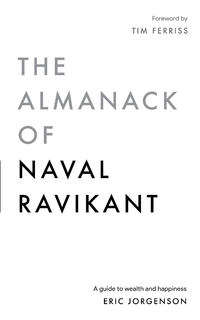
- Curated in Books Worth Re-reading
This book is full of practical wisdom and deserved a longer write up.
- Curated in Books Worth Re-reading
“After more thought I decided that since I was trying to teach “style” of thinking in science and engineering, and “style” is an art, I should therefore copy the methods of teaching used for the other arts – once the fundamentals have been learned.
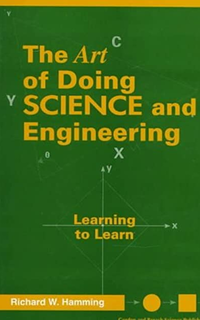
- Curated in Books Worth Re-reading
The story of Jonathan Seagull, the seagull who dared to be different and push the limits of flight, learning about himself, mastery, and perfection
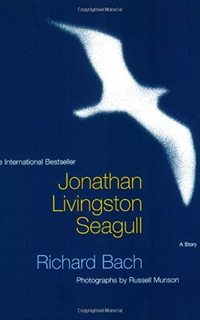
- Curated in Books Worth Re-reading
I got so much out of this book that I made a bit of a more formal write-up.
If you want to learn more about the power of creating, why the structure in your life impacts your behavior more than your willpower, the importance of facing reality without obscuring it, and so much more, this book is for you.
- Curated in Books Worth Re-reading
This book is about the diverging patterns of efficacy between Western and Chinese thinking. The Western model of efficacy, inherited from the ancient Greeks’ conception of action, seeks to attain directly a predetermined goal through voluntary and assertive action. The Chinese tend to evaluate the power inherent in a situation (shi) and transform it through non-assertiveness, relying on the “propensity” of things in such a way that the result takes place of itself.
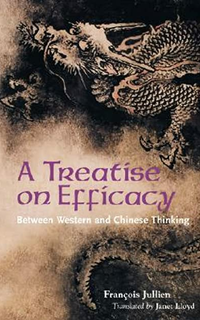
- Curated in Books Worth Re-reading
I got so much out of this book that I wanted to create a more formal write-up. As always, I have attempted to put together something which is (hopefully) a manageable, actionable and digestible introduction to Patterson’s thinking and business philosophy.
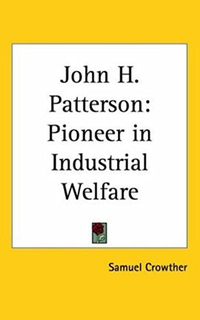
- Curated in Books Worth Re-reading
The book and concepts were rich enough that I did a bit more of an in-depth write up…
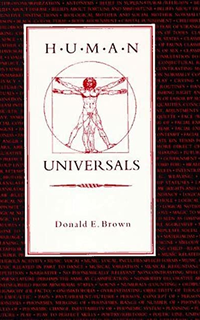
- Curated in Books Worth Re-reading
Charles Koch describes his management philosophy, Market Based Management, how it has evolved over time, and how it has been put to use at Koch Industries. MBM emphasizes Principled Entrepreneurship over corporate welfare, virtue over talent, challenge over hierarchy, comparative advantage over job title, and rewards for long-term value creation over managing to budgets.
- Curated in Books Worth Re-reading
I have come to the point where I have simply decided that effortlessness would be my prime consideration, that anything not played from an effortless place is not worth playing. I don’t get my technique from studying technique. I get it from letting my hands and arms find their way without my interference. In doing so, I have unwittingly connected with the wisdom of the ancients. As I now read the writings of the great sages, I realize that I am on the same path, having the experiences they describe. Effortlessness allows us to become our own teachers, paving the way to mastery. If you get nothing else from this book, hopefully you’ll at least walk away with the realization that effort gets in the way of great playing. Effort and/or lack of preparation blocks true mastery.
- Curated in Books Worth Re-reading
There are at least two kinds of games. One could be called finite, the other infinite. A finite game is played for the purpose of winning, an infinite game for the purpose of continuing the play.
- Curated in Books Worth Re-reading
An incredibly simple and clear analysis of the successful business practices that propelled Ford to the top of the competitive auto industry.





